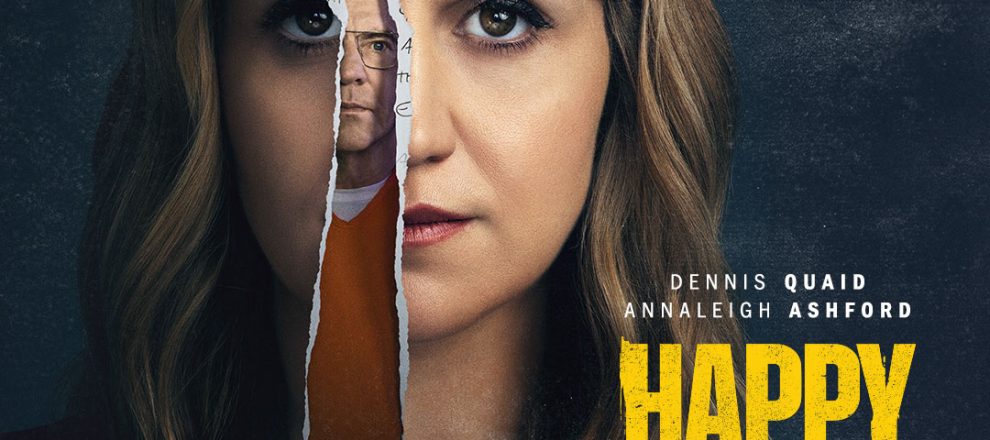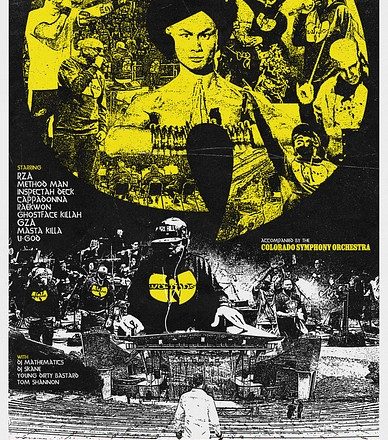Director: John Lee Hancock
Writers: Kelly Marcel and Sue Smith
Cast: Emma Thompson, Tom Hanks, Paul Giamatti, Jason Schartzman, Bradley Whitford and Colin Farrell
Studio: Disney
“Saving Mr. Banks” is a film about personal history. So many people want to start dissecting how the film sugarcoasts Disney history and paints Walt as a savior of kiddie entertainment. I’m not here to do that, as there are several books written far more in-depth on the subject. I’m here to review a film that a lot of people are going to see this Holiday season. When we start discussing the past on film, most entertainment splits between biopics and historical fiction. However, what if there is a third path? What if that third path wants to turn back around and examine the audience.
There is an element of this film that wants to revel in the hindsight of history. So much is made of how useless Travers’ complains are against the good that is Disney. The people at play didn’t know that at the time, but the audience gets to rest assured in the fact that “Mary Poppins” will be made. The journey of the story is more about Travers and how she is reflected against a shrewd businessman that wants his name stamped across burgeoning childhood dreams. What does that mean when he’s dealing with a hard sell from a difficult childhood?
There is a lot of deflection on Disney’s part. But, that comes from the Mouse House trying to protect their patriarch. Disney is a living corporation with a constant focus on showing their history in a kind light. Honestly, things weren’t that bad at the end of Walt’s life. The animation department was being scaled back due to the economy and a ton of animation cels were being re-used. However, Warner Brothers and others were slowly getting out of the theatrical short business. A window was opening, but Disney framed his next step at a promise that had been nagging him for the last two decades. What is to be done about Mary Poppins?
The film’s structure bares a striking semblance to “Hitchcock”. Playing multiple flashbacks against present developments while giving the central focus a chance to frame the discussion. I can’t say that I ever cared about Travers and her real-life nanny. It meant a great deal to her, but I enjoyed seeing her drunk father being partially redeemed. This is a film about how relationships and individuals views impact history and what that means to a greater truth. Whose truth matters and what is to be done in a shared world?
Ultimately, what matters is that the final product endures. Julie Andrews won an Oscar for the role and “Mary Poppins” has gone on to become one of the few Disney movies that works on all levels. Is there an amazing story to be told about that process? Sure! Does it matter? Well, what matters? That’s the crux of this film and it’s what will keep audiences and serious fans dissecting the feature through Awards Season. Why does a film matter to a viewer and can that be translated to a wider audience?
RELEASE DATE: 12/20/2013





